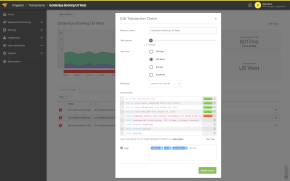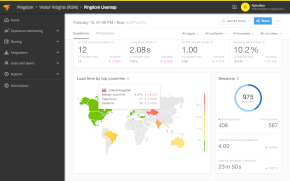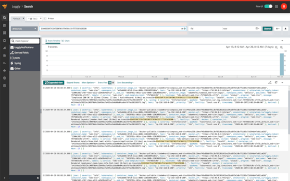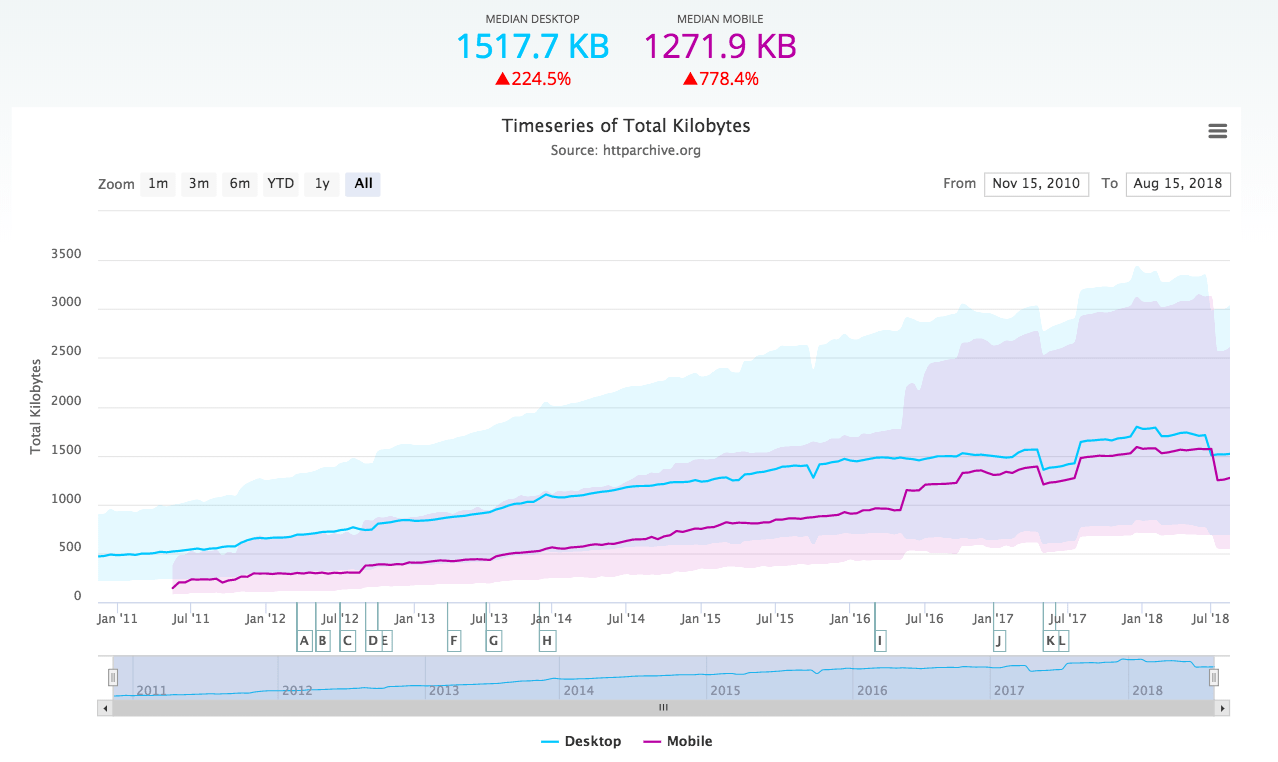
WordPress.com, the popular blogging service from Automattic built on top the world-famous WordPress software, is about to hit another major milestone: 20 million hosted blogs.
Now on to the insane part: Tumblr, which has to be considered a relative newcomer on the blogging scene, has now almost caught up with WordPress.com. The difference between the two is currently just 1.5 million blogs, and that is shrinking fast.
That is all the more impressive when you consider that things are going great for WordPress.com. Automattic’s service hosts twice as many blogs now compared with the same time last year. Going from 10 to 20 million blogs in a year is awesome work, but Tumblr is just growing like crazy.
The past five months for WordPress.com and Tumblr
Here’s how things looked like back in December of 2010:

Compare that with the situation today (May 10, 2011):

WordPress.com is still ahead, but Tumblr is right at its heels. In the same amount of time, Tumblr has grown almost 2x as much as WordPress.com (absolute growth, not relative). As we said, impressive.
Final words
WordPress was started in 2005, Tumblr in 2007. Despite that two-year head start for WordPress.com, the two services will soon be on an equal footing in terms of the number of blogs they host. It also looks like Tumblr’s momentum will carry it past WordPress.com within the next couple of months.
We suspect that part of the explanation for Tumblr’s rapid growth is its different approach to blogging, using a model very suitable for microblogging or lifestreaming, while WordPress.com is more old school, targeted at “traditional” blogging. Tumblr may simply have a wider appeal.
The big challenge for Tumblr hasn’t been to grow, but to grow gracefully. There have been significant growing pains while they have tried to scale the service to meet demand. This culminated late last year but has since improved, although our monitoring (via the Pingdom uptime monitoring service) shows that Tumblr still has occasional issues handling the massive, and continuous, increase in traffic.
That said, big congratulations to both services are in order. Both teams are bound to be working their collective rear ends off. Running a fast-growing service at this scale is challenging work.
Data sources: Tumblr and WordPress.com (Automattic).
























